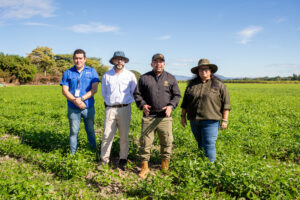The Legislative Assembly of El Salvador approved with 57 votes the Foreign Agents Law, with the purpose of establishing a legal framework to regulate the activities of persons or entities that receive financing from abroad. This regulation, which includes a 30% tax on donations, transfers or material goods coming from foreign agents, seeks to promote transparency in the use of such funds.

As part of the new legislation, the Registro de Agentes Extranjeros (RAEX) will be created, administered by the Ministry of the Interior, where all entities subject to this law must register. The RAEX will have the power to approve or deny registrations, supervise activities and request reports from registrants.
The law establishes that the funds collected through the new tax will be directed to the Ministry of Finance to be used in projects of public interest. However, organizations such as the Salvadoran Red Cross and others with proven social work will be exempt from this payment.

Legislators defended the law as an effort to close legal loopholes that allowed lack of accountability in the past. They assured that the law does not seek to impede the operation of NGOs, but to guarantee that citizens know who finances them and for what purposes.
The law also contemplates severe sanctions, with fines of up to $200,000 for those who fail to comply with its provisions. The deputies pointed out that this law is in line with similar practices already existing in countries such as the United States, Germany, and Norway.








